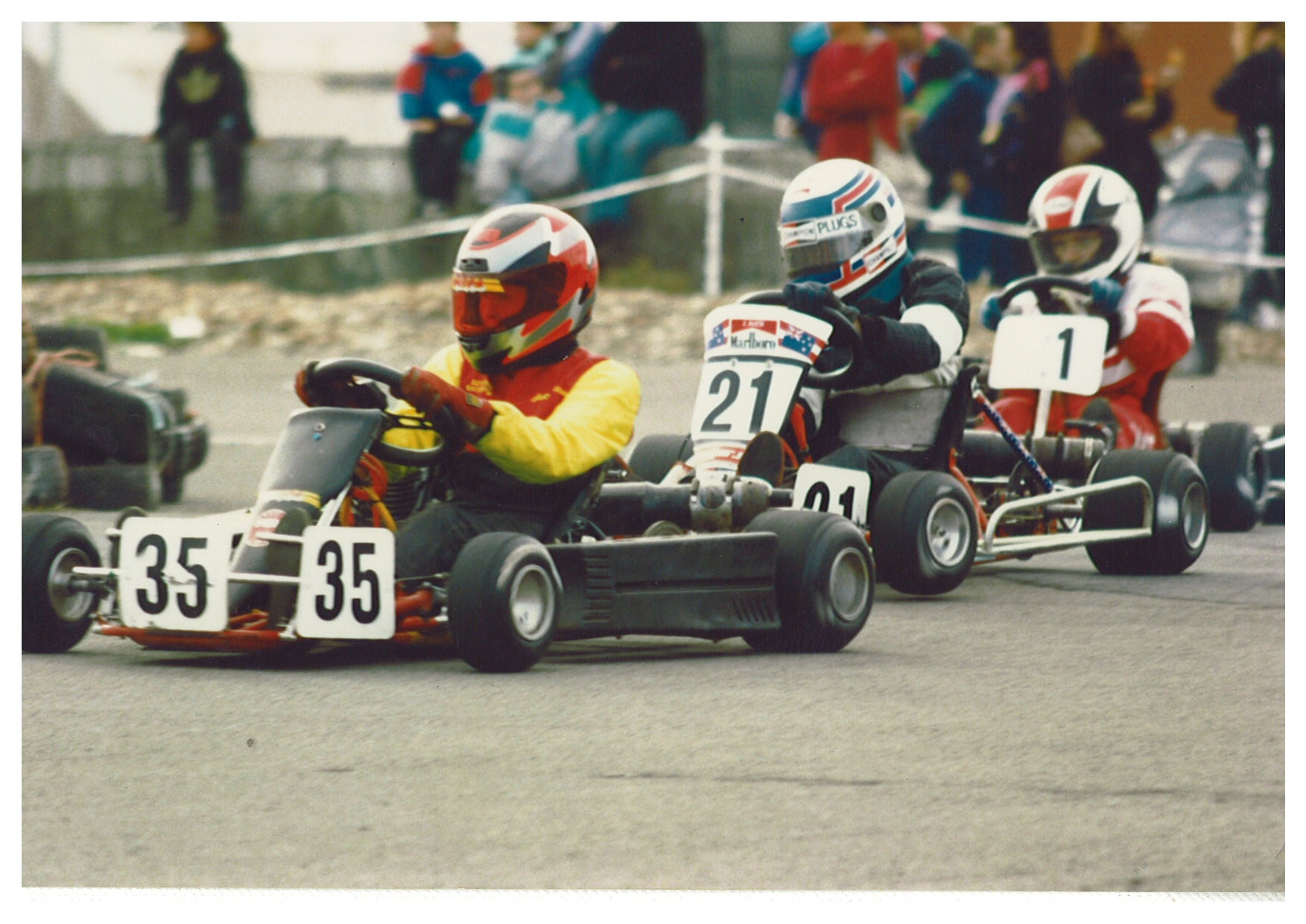It was in 2008 that Scott Dixon won the 92nd running of the Indianapolis 500 on Sunday 25th May. He had been one of the quickest all month, winning the race from pole position. There were many celebrations around New Zealand, celebrating the first Kiwi winner of the 500. Here’s Ross MacKays reflection written back in 2008 on Dixon’s win and the importance that kartsport has played in both Dixon’s and other top drivers’ careers.
Dixon’s Indy win focuses attention on Kartsport
New Zealand has a new sporting superstar in Indianapolis 500 winner Scott Dixon. And the 27-year-old’s early years on the local motor racing circuit are well documented.
Dixon was a keen and very successful karter before his move to cars however, and all over the country members of New Zealand’s thriving KartSport fraternity have been celebrating the fact this week.

”On behalf of all KartSport New Zealand competitors, members and Officials I would like to congratulate Scott on this outstanding achievement at the worlds biggest motor sport event”, said Lance Hickey, President of KartSport New Zealand . ”We are proud of the fact Scott learnt the basics for his motorsport career during his years as a young karter.”
“We would like to think that the next Scott Dixon has already progressed though the KartSport classes in New Zealand or is currently competing at one of our 21 Clubs around the country. The recent establishment of our KartSport Academy will ensure future graduates from KartSport to car racing will be even better equipped to rise to the top.”
Dixon was eight when a family friend invited the family to a meeting at the KartSport Mt Wellington club’s track on Tainui Rd and not long after Scott was back there with a kart of his on.
Over the next four years he raced all over the North Island, then New Zealand, winning club and regional titles in his classes before the move to cars. The sport was very much a family affair for the Dixons with Ron establishing a business importing Omega chassis from Australia and running an Omega team for which Scott and older sister Adele raced.
The sport itself had its roots in the hot-rod culture in California in the 1950s, a fabricator named Art Ingels credited with creating the first ‘go-kart’ in 1957. Two years later New Zealand had its first club – the Auckland Mini Kart Club – and three years later the first annual national championship meeting was held in Taranaki.
Today the country has 21 active clubs and 18 dedicated kart tracks with a 19th currently being built and over 1200 competition licence holders.
Over the years the sport has given literally hundreds of successful local and international racing drivers their start in the sport. With his win in last Sunday’s Indy 500 Dixon is the standard bearer but his club, KartSport Mt Wellington also produced 2003 World Karting Champion Wade Cunningham.
Cunningham, who started karting as Dixon was moving into cars, has also gone on to enjoy international success in cars, winning the Indy Lights championship in 2005 and the main support class race at the Indianapolis 500 meeting in 2006.
Locally Toyota Racing Series champion Andy Knight and International Series winner Earl Bamber got their competition start in karts, as did current MTA New Zealand Formula Ford champion John Whelan and last season’s series runner-up and Rookie of The Year, Andrew Waite.
A1GP runner-up Jonny Reid, another KartSport Mt Wellignton alumni, was Wade Cunningham’s sparring partner when the pair raced karts, and Red Bull-backed Palmerston North driver Brendon Hart, already a race winner in the British Formula 3 championship this year, raced karts before – like Dixon – moving to cars when he was 13.
It is not just in New Zealand that KartSport is recognised as the breeding ground of stars either. Seven-time World Formula 1 champion Michael Schumacher was a successful karter before he moved to cars, as was the great Ayrton Senna and his Formula 1 nemesis Alain Prost before him.
Formula 1 continues to be dominated by ex-karters as well with reigning World champion Kimmi Raikonnen, former champion Spaniard Fernando Alonso and McLaren’s precociously talented Lewis Hamilton, all champions in a kart before they moved up the ladder.
Hamilton is a good example of how far Formula 1 teams will go to foster talent, the McLaren team signing the young British driver to a long-term contract when he was still racing karts.



Comments